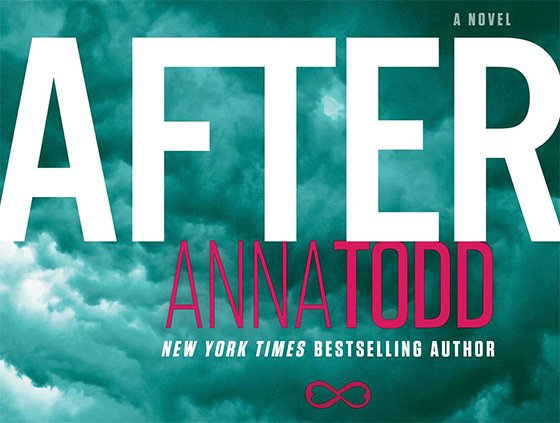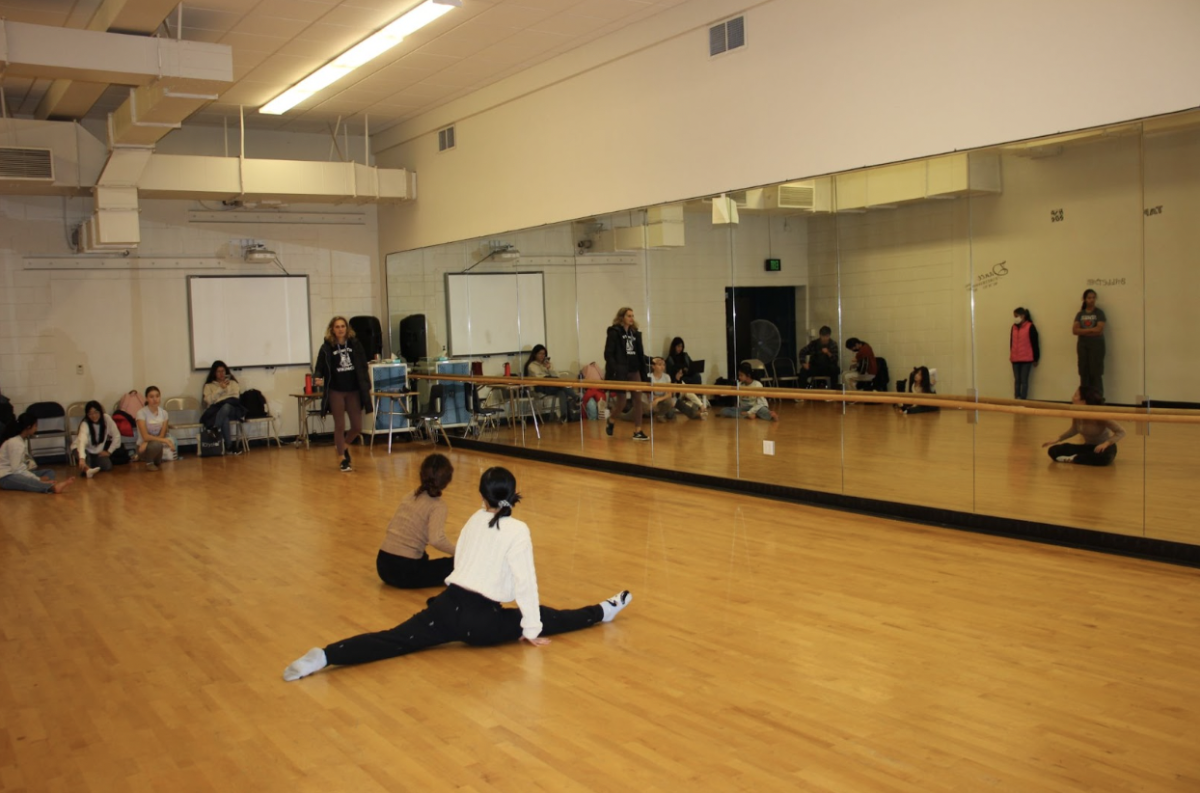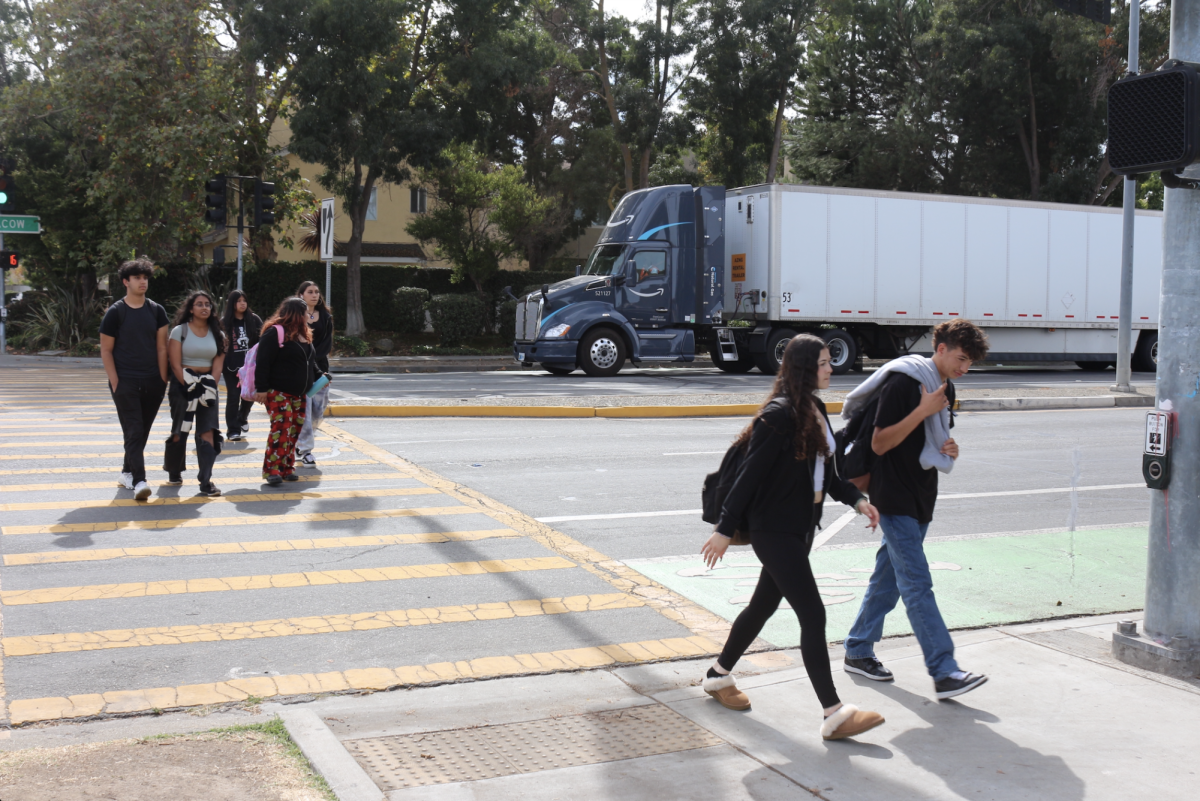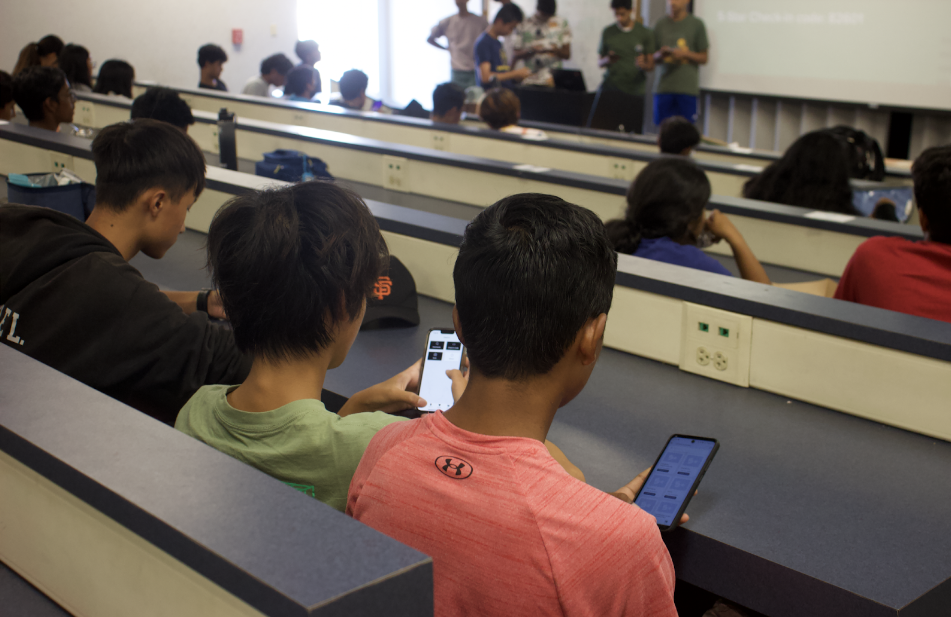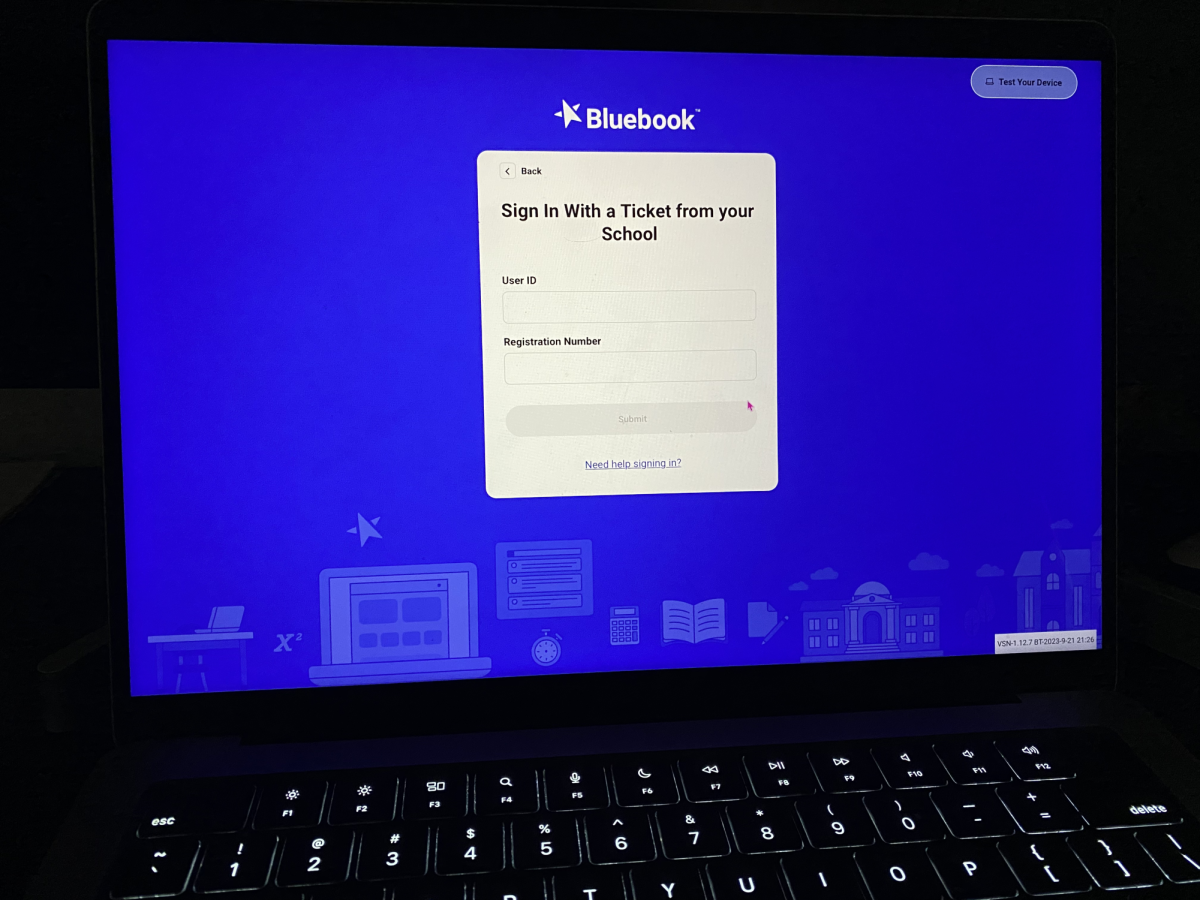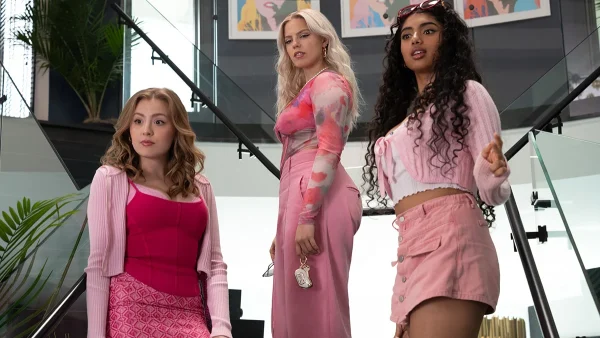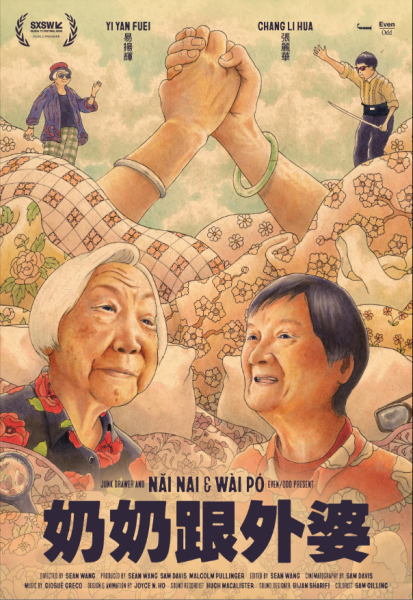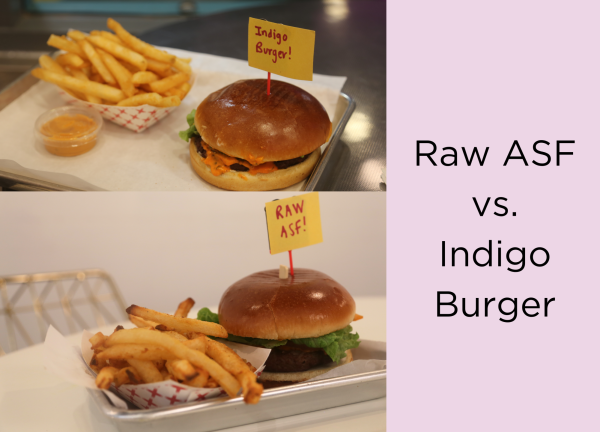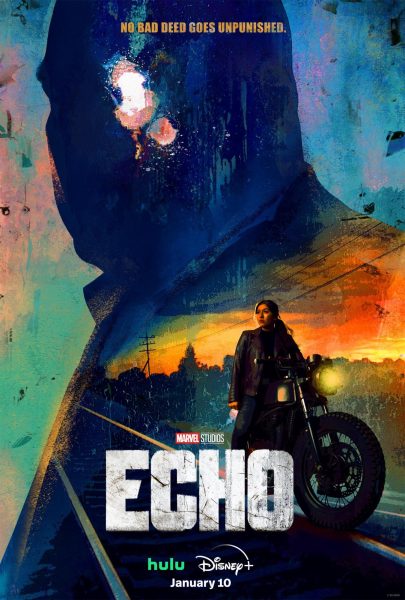After This, I Need to Bleach My Brains- “After” Book Review
May 20, 2019
Let’s get one thing straight: I don’t hate fanfiction. In fact, I, as an individual, read fanfiction on the regular, and believe that fan-written stories have gotten a bad rap over the years due to a few, well, many rotten apples in the barrel. Having been an avid fanfiction reader for the past five years, I’ve discovered that where you source your fan-service contributes heavily to whether or not what you find is well-written prose with solid story building or cringey dialogue with uncomfortable sex scenes. That being said, Wattpad, the hell-hole that spawned the demon child that is After, is not one of such “well-written” sources. I’m both disappointed and unsurprised that Gallery Publishing Group plucked this ninety-nine chapter long, One Direction fandom monstrosity off of Wattpad and published it in book form. Boy bands get that dough. And even in spite of terrible writing and an equally terrible title, books about said boy bands get that dough as well.
Now, as you might have guessed by now, I went into this book with low expectations. The track record for fanfiction published for the masses has not been a good one — see 50 Shades of Grey — but on the off chance this book could surprise me, I tried to keep an open mind, take in the story as objectively as possible, and treat it as a relaxing read, not a review assignment.
That all went out the window by the first chapter.
But first, a brief synopsis: After, written by Anna Todd, is a book about eighteen-year-old Theresa “Tessa” Young who meets the “bad boy” Hardin Scott at the fictional Washington Central University during her freshman year of college. After a tedious enemies-to-lovers plotline, a lot of cheating, and ninety chapter of repetitive conflict, fluff, and sex, a big twist at the end of the book breaks up the happy couple, which I will not spoil if this review somehow convinces you to give this book a try.
It still surprises me how Todd managed to write 582 pages of content and nearly every single word is absolutely mind-numbing.
Now, Todd’s grammar isn’t a mess; it’s definitely clear the story went under an intensive editing process to polish up the original Wattpad draft. But apparently no amount of editing and re-editing was enough to fix Todd’s terrible writing style and misunderstanding of how rhetorical devices and “stream of consciousness” narration works. For one, Todd actively avoids writing dialogue, and instead breaks arguably the number one rule of creative writing — show, don’t tell — by literally describing interactions that should have been explored over a couple pages of conversation. So much important information, like Tessa’s absent father figure and Hardin’s insecurities, are just turned into out-of-place exposition. Todd’s attempts to be deep and insightful with her writing, using literary devices like foreshadowing and “stream of consciousness” narration, fall flat on their faces because of how rushed her storytelling is, with tone changes happening literally a sentence from each other. Contributing to the rushed feeling of the writing is the fact that transitions occur with the flip of a coin: half the time they’re there, the other half they’re not. The majority of scenes in the story never have any climax or resolution of their own, leaving the reader feeling confused and disjointed.
Probably the biggest failure of Todd’s writing is that she attempts to portray Tessa as a multidimensional person while still maintaining the “Mary Sue” perfection commonly found in fanfiction original characters. In the end, Todd creates an easily hateable protagonist, which is probably the last thing you ever want in fiction writing. One example of this can be seen when Tessa cheats on her current boyfriend, Noah, with Hardin, a similar plot point to the one in the romantic drama The Notebook. However, the difference between The Notebook and After is that Nicholas Sparks manages to make his main characters’ morally ambiguous actions seem romantic and inevitable through decent setup and character building, while Todd’s main characters just come off as insensitive, terrible people, especially Tessa. Tessa, who cheats on her boyfriend with Hardin with little demonstrated guilt, proceeds to get mad at Hardin for telling her boyfriend she’s cheating on him when Noah finds them in a compromising situation.
Tessa’s entitled and “holier-than-thou” attitude is a common thread throughout the story. Whether it’s slut-shaming Molly, judging Steph for her tattoos, or emotionally manipulating Hardin, Todd always tries to justify Tessa’s actions with “it’s true love.”
And don’t even get me started on Hardin. His attitude towards his relationship with Tessa is the main reason After is commonly accused of glorifying abusive relationships, much like its predecessor 50 Shades. Hardin is instantly jealous every time a guy so much as talks to Tessa and immediately intervenes with actions that even Tessa describes as “trying to stake his claim.” Not to mention his rampant mood swings that make Tessa afraid to talk to him about otherwise reasonable issues, lest she trigger a violent outburst. And oh god, emotional manipulation pretty much defines the relationship between these two characters, with Hardin using traumatic memories from his childhood and his nightmares to justify his drinking and constant insensitivity as well as Tessa making crazy jumps in logic to accuse Hardin of being hurtful and a terrible person in order to make him feel guilty. Not that I disagree that Hardin’s a terrible person, but using those kind of insults to psychologically abuse your significant other isn’t okay no matter who you’re in a relationship with.
And this is the main issue with this book. Beyond the bad writing and terrible characters, the fact that this story romanticizes a clearly abusive relationship between these two characters, rectifying all conflict with the misguided idea that “I love you” solves everything, a toxic and dangerous idea that’s all too common in romance novels. Not just fanfiction, not just young adult, but romance novels as a whole have glorified the idea that finding your soulmate is worth sacrificing everything, including your dignity and self-respect, your friends and your family. And that mindset is toxic. That mindset is the reason domestic abuse, and by extension sexual harassment and assault, are realities of the world we live in, used against men and women.
There’s one scene in this book where Tessa is dared to go into a bedroom with another potential love interest, Zed. Word for word, their interaction goes:
“‘You’re intoxicated and I don’t want to take advantage of you.’
I gasp.
‘Surprised?’ He beams and I laugh.
‘A little,’ I admit.”
We’re teenagers. And as much as we like to act like mature, functioning adults, we’re living in the most emotionally vulnerable stage of our lives. While some of us will look through this book and have enough awareness to at least find Hardin and Tessa’s relationship to be funny, or even recognize the dangers of their story, there’s a reason why After was so successful that it was published and then picked up for a movie: enough people found it romantic. Enough people to constitute 1.5 billion reads on Wattpad view “#Hessa” as what they aspire to achieve in romantic relationships. And if that’s not disturbing, I don’t know what is.


